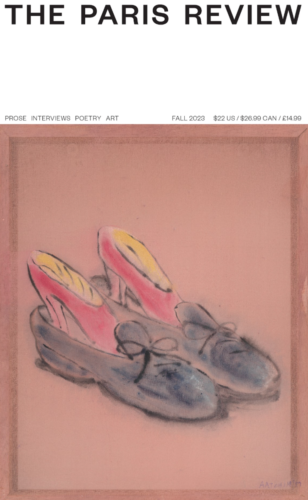In October, transmissions paused temporarily in certain regions of the planet.No marks made it to the page then, hence the retroactive declaratives.If you looked up at the yellow dwarf star at the right time in the right place,you’d see the culprits, sunspots, sitting there available to the naked eyeand readily confused with muscae volitantes, a.k.a. floaters, where loopsof magnetic field in the sun’s photosphere find their footpoints and launchthemselves out to its atmosphere—its corona—tracing arcs of lightso beauteous their optimization as screen savers is likely a fait accompli.Set them to Vangelis and they make for even better ambience. The sun’son its twenty-fifth eleven-year cycle, manifesting as alternating boutsof languor and hyperactivity visible in the number of blemishes. Newshas it that late in the month the sun had an outburst, hurling plasmaand highly energetic particles our way. Its mass ejection superchargedthe northern lights I’ve never seen and caused a brief radio blackout acrossEarth’s daylit side, centered somewhere in the South American vastness.Whether it all connects or this is another instance of word magic falls beyondthis account’s purview, this side of paranormal. Face the sun. Close your eyes. What do you see.
Flip Side
Feature Date
- March 13, 2024
Series
Selected By
Share This Poem
Print This Poem
Copyright © 2023 by Mónica de la Torre.
All rights reserved.
Originally published in The Paris Review, Fall 2023.
Reproduced by Poetry Daily with permission.

Mónica de la Torre’s most recent book of poems and experimental translations is Repetition Nineteen (Nightboat). Other collections include The Happy End/All Welcome (Ugly Duckling Presse)—a riff on a riff on Kafka’s Amerika—and Public Domain (Roof Books). She has published several books in Spanish, including Taller de Taquimecanografía (Tumbona), written jointly with the eponymous women artists’ collective she co-founded. With Alex Balgiu, she co-edited the anthology Women in Concrete Poetry 1959–79 (Primary Information). A recipient of a 2022 Creative Capital grant and the 2022 Foundation for Contemporary Arts C.D. Wright Award for Poetry and, she teaches poetry and translation at Brooklyn College.

Issue 245, Fall 2023
New York, New York
Editor
Emily Stokes
Managing Editor
Kelly Deane McKinney
Poetry Editor
Srikanth Reddy
Since its founding 1953, The Paris Review has been America’s preeminent literary quarterly, dedicated to discovering the best new voices in fiction, nonfiction, and poetry. The Review’s renowned Writers at Work series of interviews is one of the great landmarks of world literature. Hailed by the New York Times as “the most remarkable interviewing project we possess,” the series received a George Polk Award and has been nominated for a Pulitzer Prize. With the December 2016 redesign of the Review’s website, the complete digital archive of everything we’ve published since 1953 is available to subscribers. In November 2017, the Review gave voice to nearly sixty-five years of writing and interviews with the launch of its first-ever podcast, featuring a blend of classic stories and poems, vintage interview recordings, and new work and original readings by the best writers of our time.
Poetry Daily Depends on You
With your support, we make reading the best contemporary poetry a treasured daily experience. Consider a contribution today.



